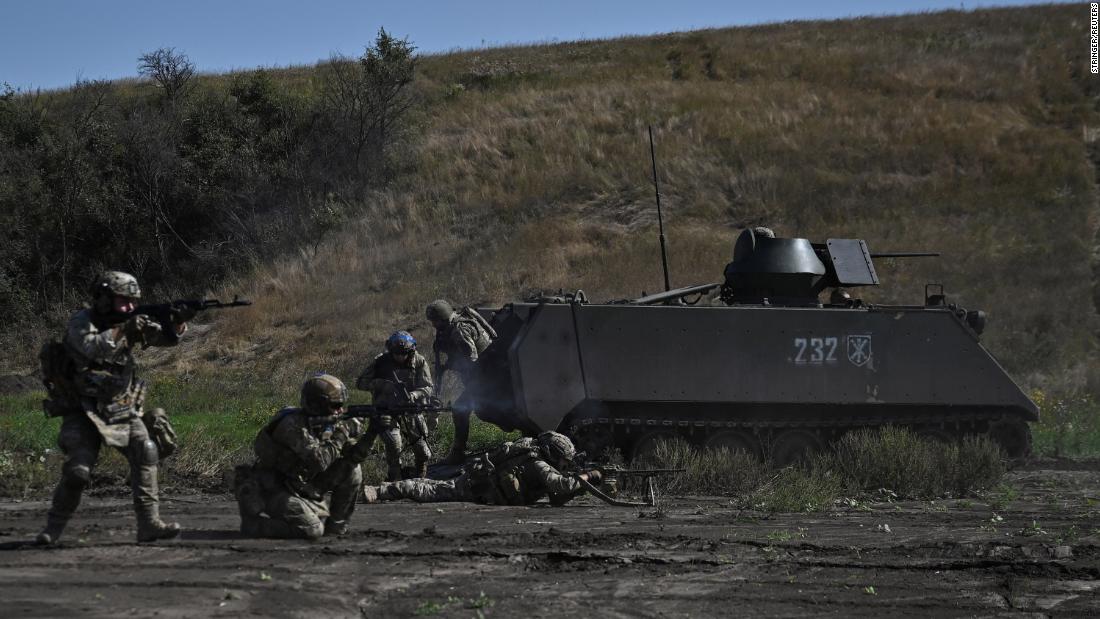Fighters who had previously fought in Ukraine for the Russian mercenary group Wagne have returned to the battlefield in the east, according to the Ukrainian military.
Wagner mercenaries had withdrawn from the eastern Ukrainian city of Bakhmut in May as they handed control of the area to Russia’s military.
Following the shadowy group’s failed mutiny in June, security experts predicted that the Kremlin would seek to further absorb the group into the Russian military.
On Wednesday, the Deputy Commander of Communications for Ukrainian troops in the East, Serhii Cherevatyi, said the former Wagner fighters who had returned to Ukraine were now working for the Russian Ministry of Defense or its affiliated structures and had joined as individuals not as a unit.
“As of now, there are several hundred of them in our direction, on the Eastern Front, in different areas,” Cherevatyi told CNN.
But he sought to downplay the significance of their return, saying Russian forces in Ukraine “are short of everyone there now, so any man is good for them.”
Ukrainian soldiers taking part in the offensive near the beleaguered city of Bakhmut also told CNN former Wagner troops had returned to the area.
“Wagner is here too,” a drone operator with call-sign “Groove” told CNN’s Fred Pleitgen on the ground in eastern Ukraine on Tuesday. “They came back, they swiftly changed their commanders and returned here.”
Mykhailo Podolyak, adviser to Ukrainian President Volodymyr Zelensky, said Wagner fighters had signed contracts with the Russian MoD “as an agreement to play the last chord, plugging the Russian hole in the Bakhmut direction for a short time.”
Podolyak, too, was keen not to inflate the return of the former mercenaries.
“Remember: the Wagner PMC no longer exists,” Podolyak wrote on X, formerly known as Twitter, on Wednesday.
The Ukrainian general leading the southern counteroffensive, Oleksandr Tarnavsky, told CNN last week that Wagner fighters continue to pop up “here and there” on the frontlines.
“The fact is that their badges appear here and there — that’s been constant,” he said.
CNN’s Florence Davey-Attlee and Andrew Carey contributed to this report.

